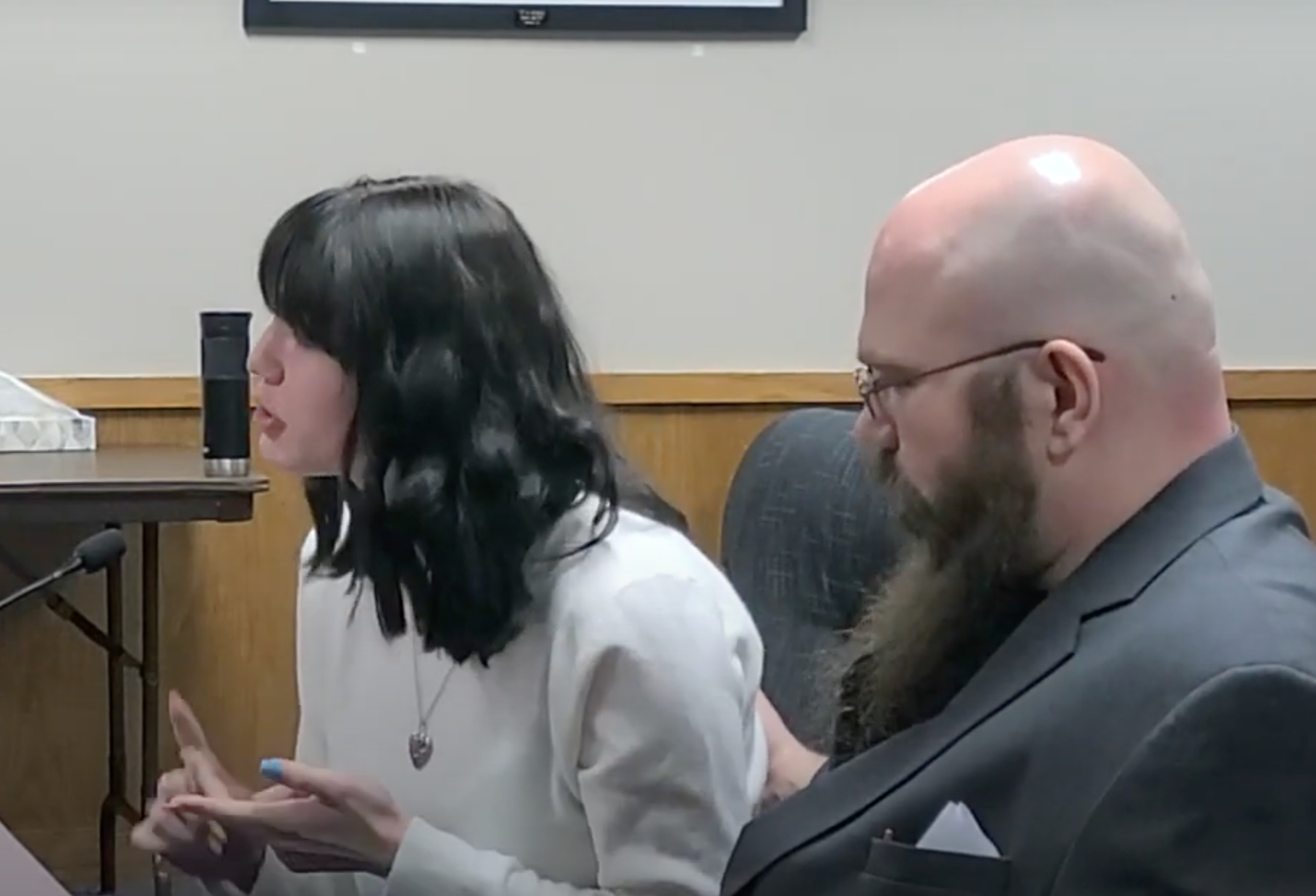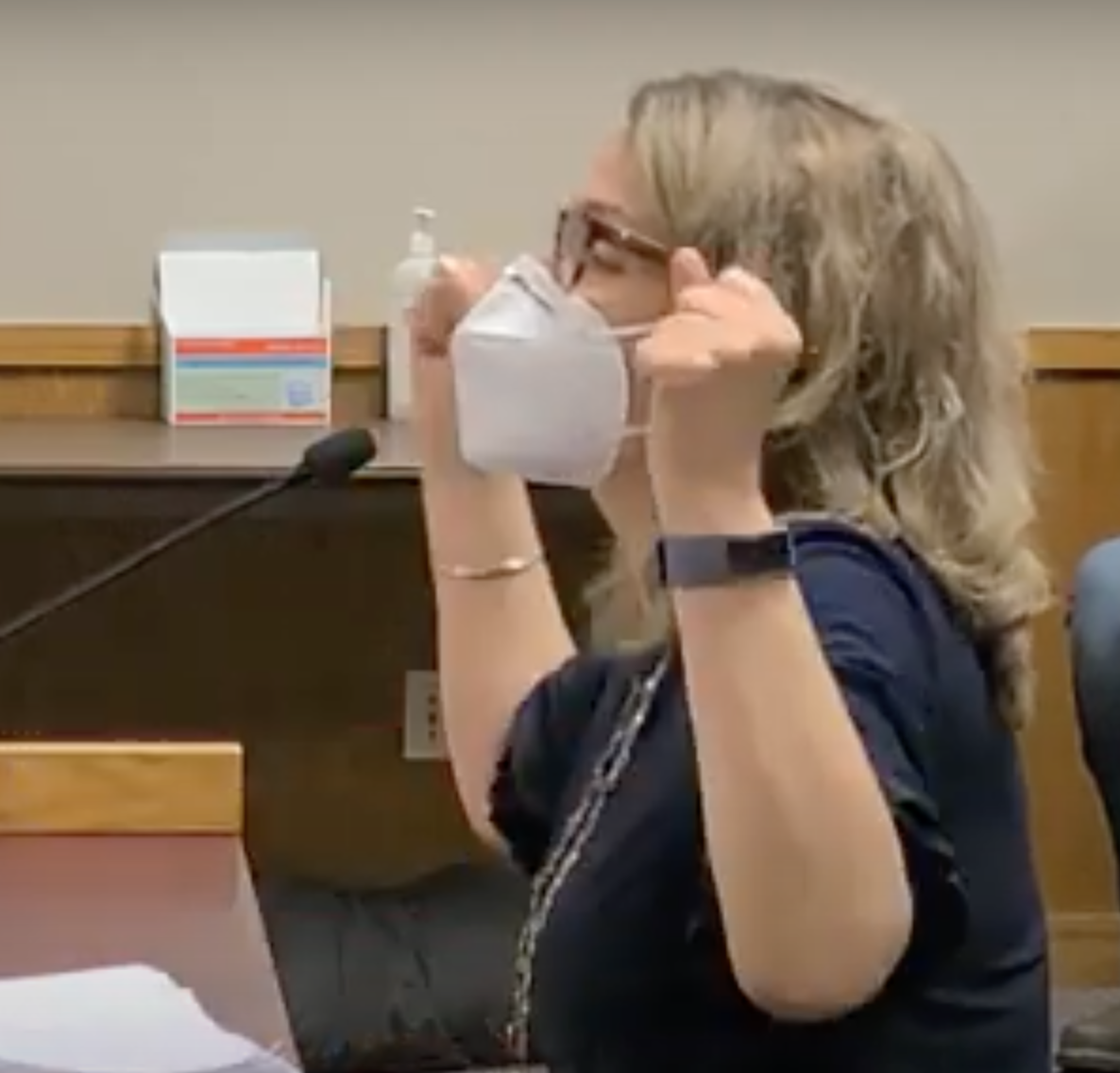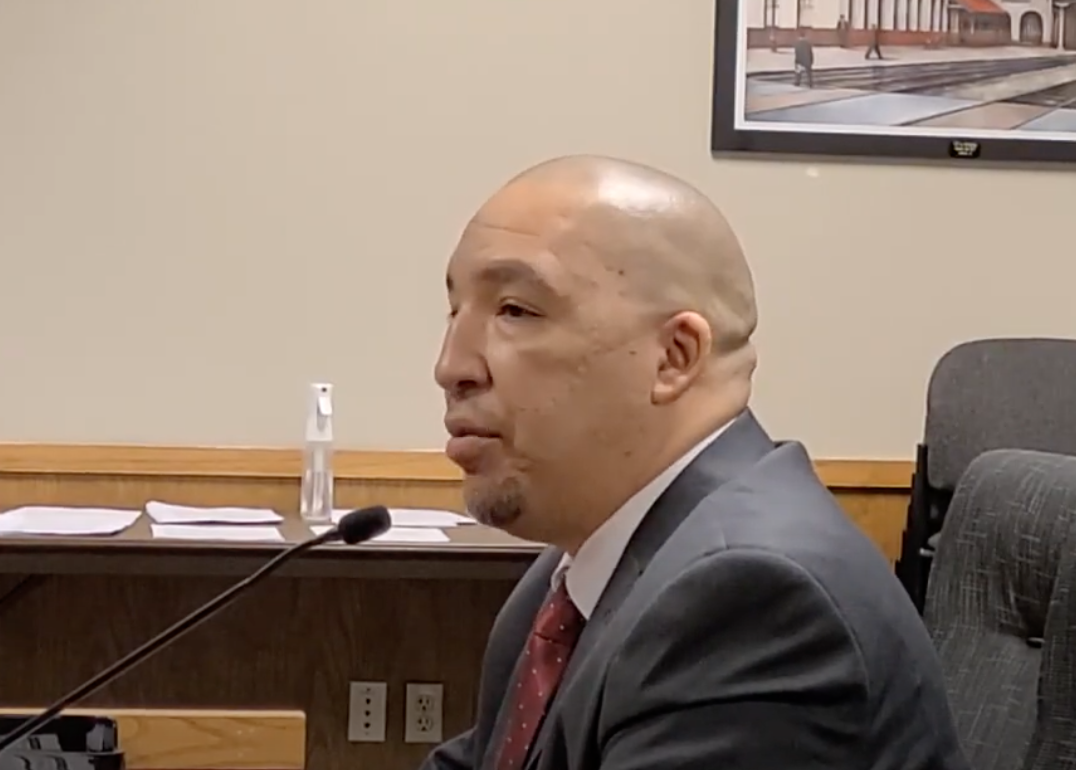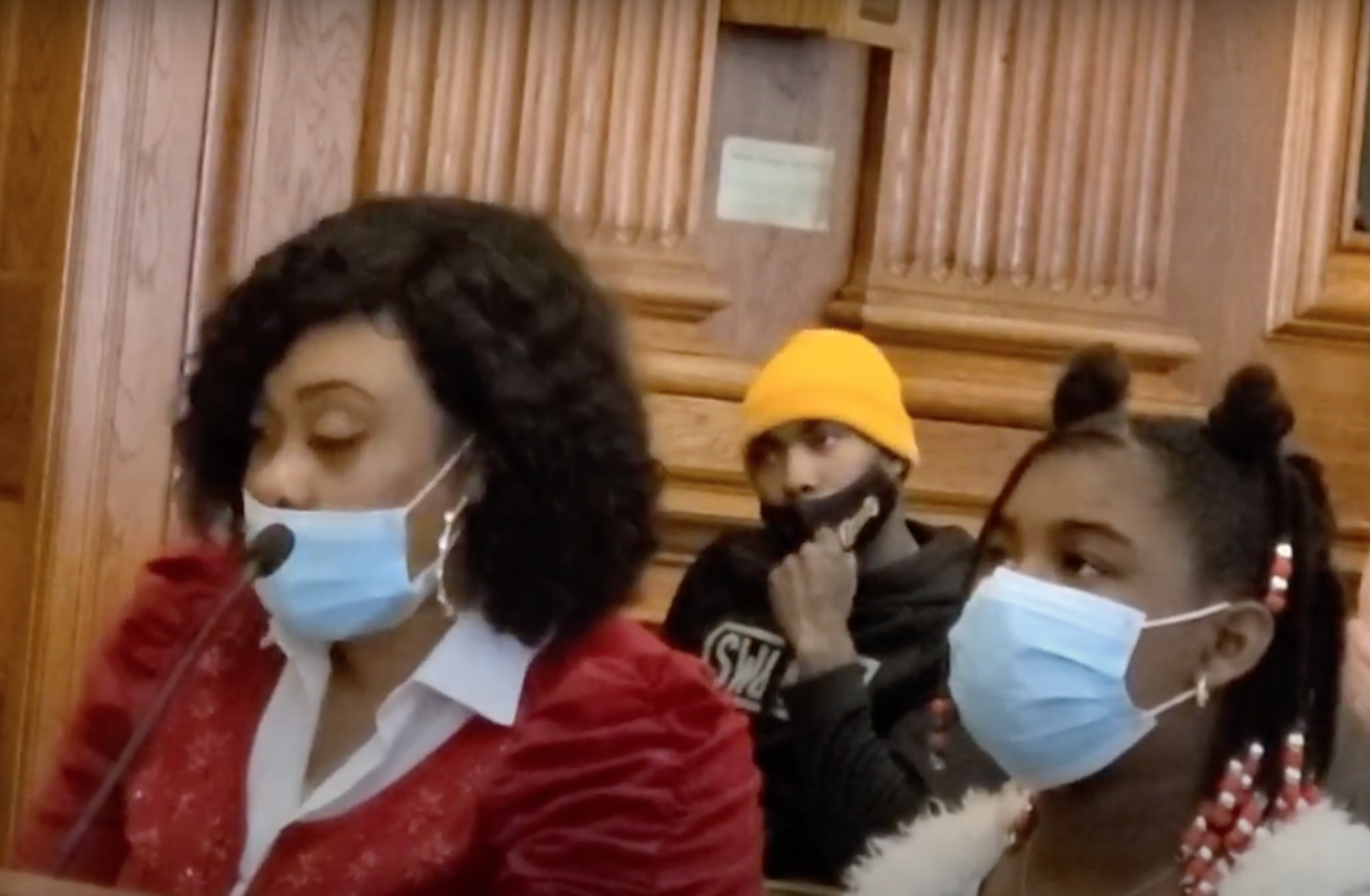Virtual Education in Missouri
What comes to mind when someone says the word “school?”
In today’s world filled with technology and interconnected everything, there is a new way to learn — one that is not tied to brick-and-mortar schools or one-size-fits all education philosophies.
Virtual education offers families the chance to get their education from the comfort of their home or even through their phone anywhere in the world.
Thanks to a 2018 law Missouri families have growing access to virtual education through the MOCAP program.
MOCAP provides students access to single virtual courses or full-time virtual programs through their home school district or charter school at no cost to the family.
Learn more about virtual education in Missouri:
Virtual education will not work for every student because it requires a certain degree of dedication and self-discipline, but for those students who do find learning virtually to be a good fit for their learning styles, the new concept of a virtual school offers a wide variety of benefits:
- Virtual schools allow students to learn at their own pace, advancing through subject matter as quickly or a slowly as their competency over the subject matter allows.
- Virtual education can provide students in rural or urban areas access to more unique and higher level courses than those offered through their home districts.
- Digital learning provides parents and teachers with immediate, real-time data on how well a student is understanding the subject matter, allowing for quick interventions when a student is struggling.
- Learning through a digital platform prepares students for online classes in college and the increasingly Internet-based business world.
Virtual education provides schools an a la carte collection of sought-after courses at a much lower cost than hiring qualified teachers to teach those courses in each district. And even if a student chooses to take a full-time virtual program, because the law caps tuition at the state adequacy target then district schools will never lose money to students taking virtual programs.
Districts can create their own virtual courses (either by themselves or in conjunction with a company like K12) and offer them to the entire state through the MoCAP system and generate additional revenue for their district.
A virtual classroom environment means that instructors have real-time access to student assessments and can monitor everything from the amount of time student is logged in to a course to which questions they are missing on a test as they take it. This immediate data gives instructors the power to personalize learning for greater success.
Because students can take virtual courses at their own pace, many are able to graduate early or choose to take additional AP or college level courses to improve their chances at scholarships and reduce tuition at college. Students also get valuable experience taking online courses which are a growing part of college success.
A new law, HB 1552, that went into effect on August 28, 2022, is making it much easier for Missouri students to enroll in full-time virtual education programs.
HB 1552 makes several changes to the state’s virtual education program, called the Missouri Course Access and Virtual School Program or MOCAP.
The most important changes for families are:
- Families no longer need to get the approval of their resident district school to enroll in any of the 8 full-time virtual programs offered by MOCAP
- A student no longer needs to have been enrolled in a public school for at least a semester to qualify for the MOCAP program.
Courses offered include: Algebra 1&2, American government, American History, Art, Biology, Calculus, Chemistry, Creative Writing, Economics, English 1-4, Geography, Physics, Psychology, Statistics, World History and AP Calculus, AP Government, AP Computer Science, AP English, AP US History, AP European History, AP Psychology, and AP Statistics. For a complete list visit MOCAP.
There are now two ways to enroll in MOCAP course. Families can either enroll in individual courses to supplement in-person learning at their local district or charter school, or enroll full-time with one of eight full-time virtual education providers.
For families wanting to enroll in a full-time virtual education program, the process has never been easier. Here are the steps you will go through in the enrollment process:
- Make sure you are enrolled in a local public charter or district school. The MOCAP program still requires participants to be enrolled in a Missouri public charter or district school before enrolling in a virtual education program. Before a family can start the process, they must make sure they are enrolled in public school, especially if they have been homeschooled or attended a private school previously.
- Choose one of the 8 full-time virtual education providers. Under the new law, families can choose from eight different virtual education providers, based on their child’s specific needs. Each of these providers have partnered with a Missouri school district or higher learning institution to provide their services to families in Missouri. These partners are called host districts.
- Notify the provider AND your local district of your decision to switch to a full-time virtual program. After you have chosen the best provider for your child’s needs, you need to notify your local district and the provider of your decision. This will start a process that will move your child from being enrolled in the local district to being enrolled in the host district that has partnered with the provider. Your local district should not be able to contest your decision unless the provider does not offer the courses needed for your child to graduate.
- Un-enroll from your local district and enroll with the provider through a host district. Your local district and/or virtual education provider will tell you how to unenroll from your local district and transfer your enrollment to the host district under the MOCAP program.
- Develop an ESP. The host district and your local district are required to develop an Educational Services Plan (ESP) for your student that will define how and if your child is able to use any of your local district’s resources while enrolled in the virtual education program.








